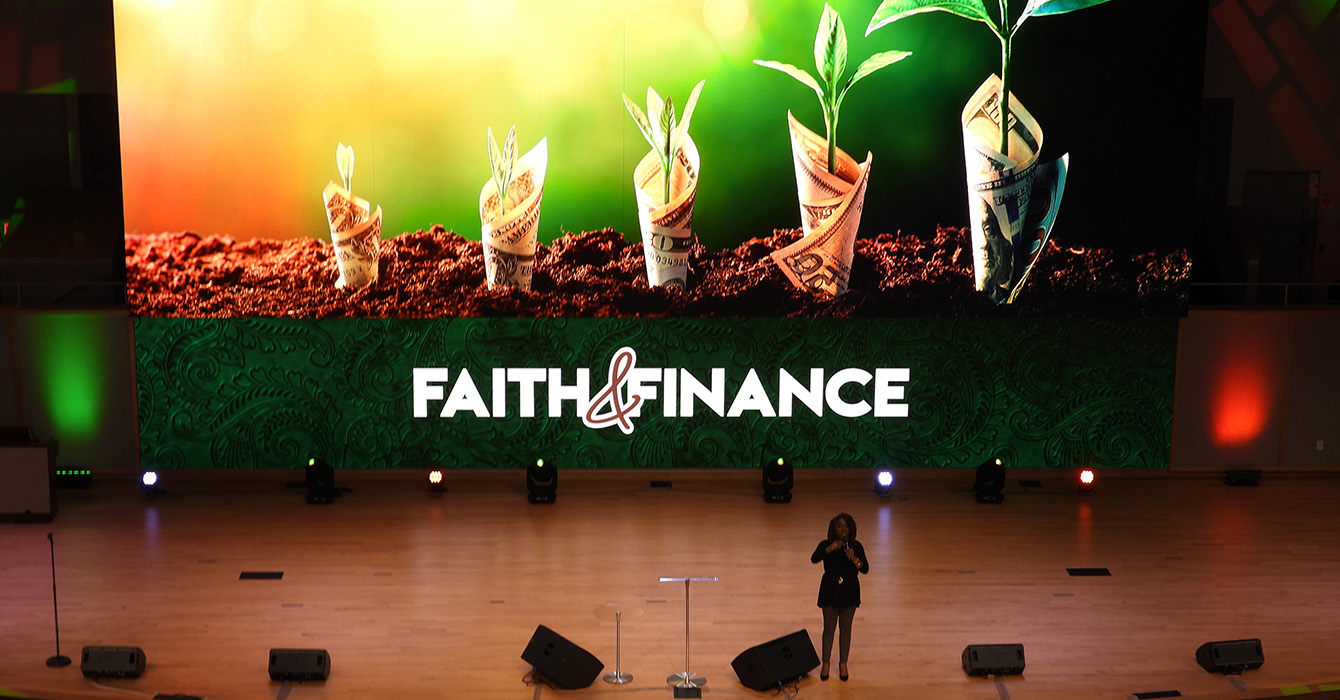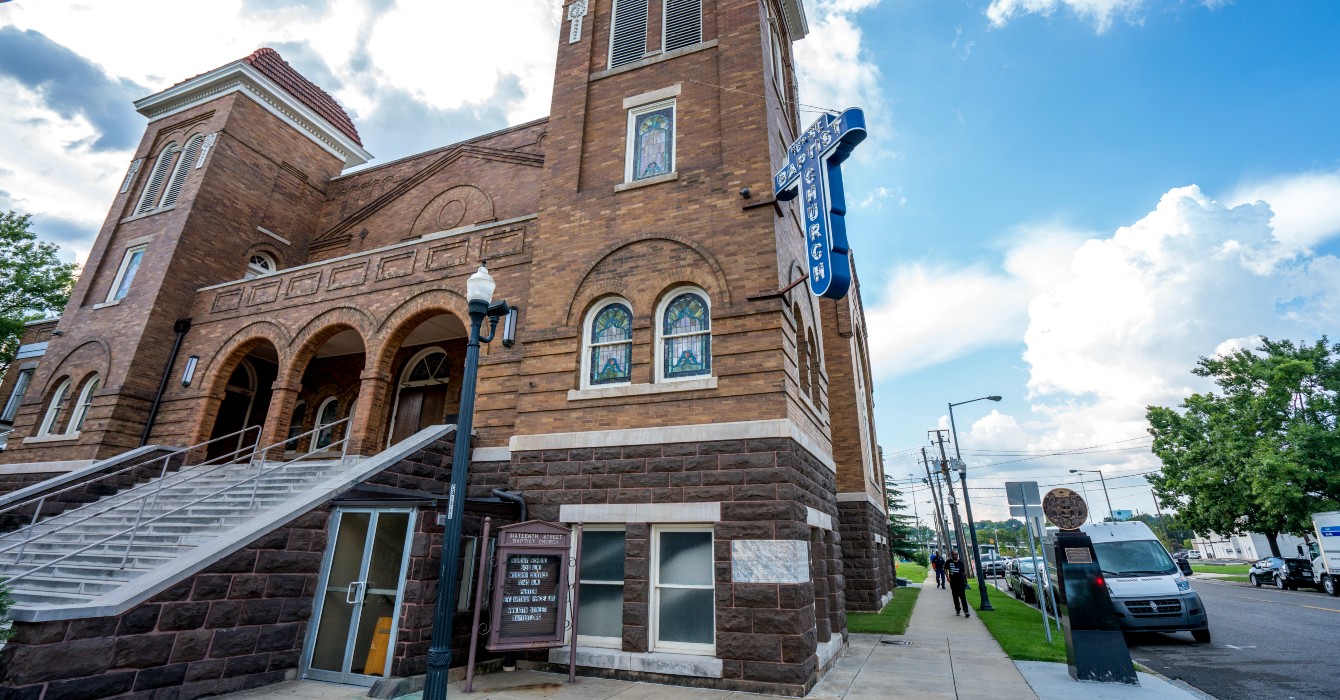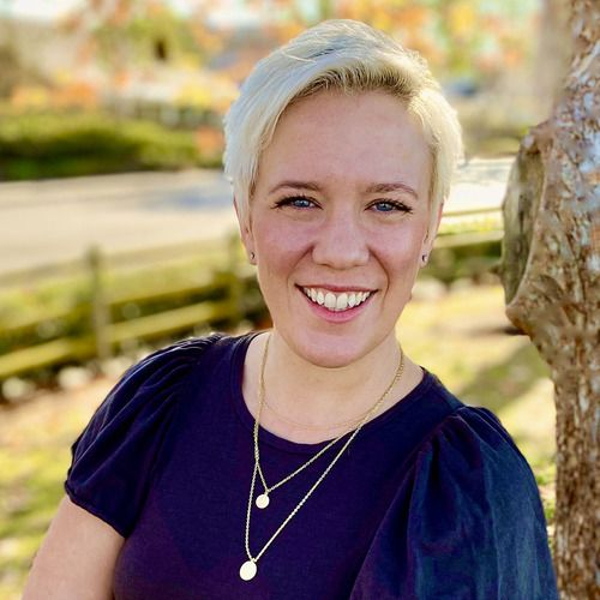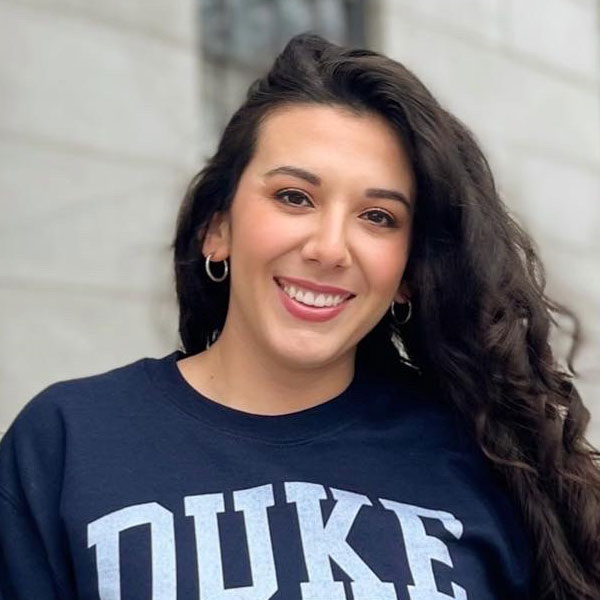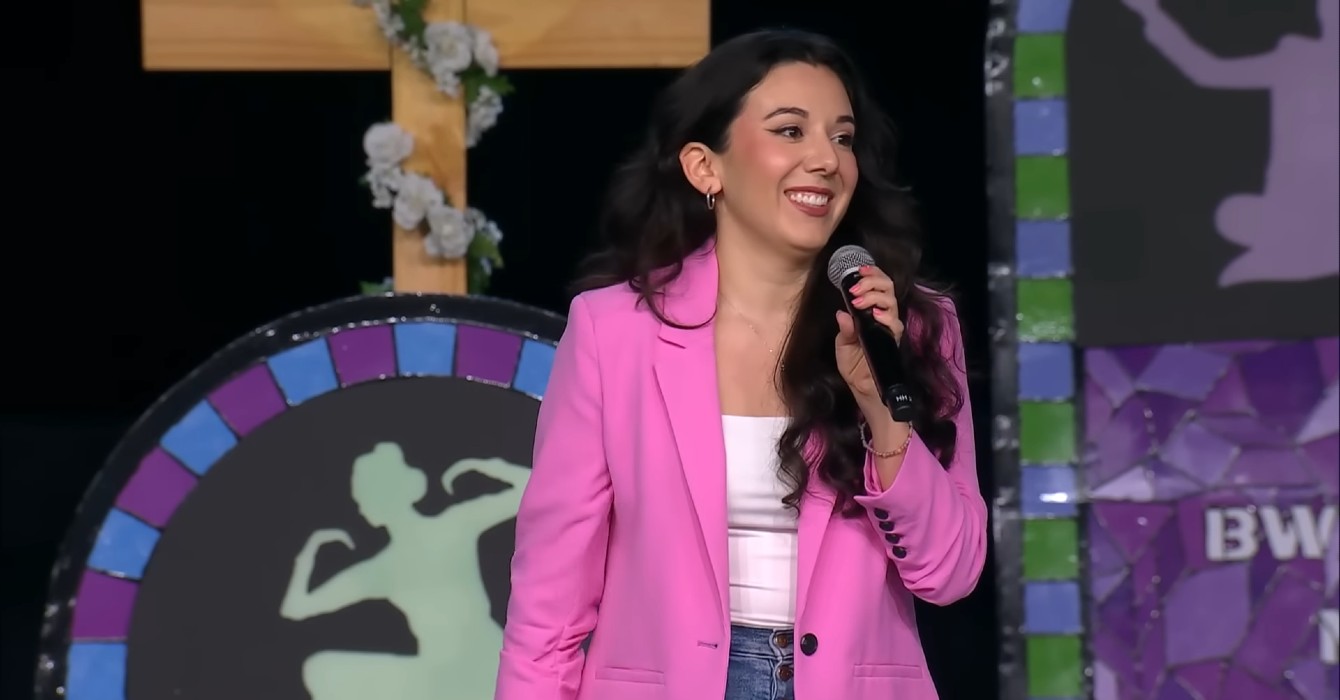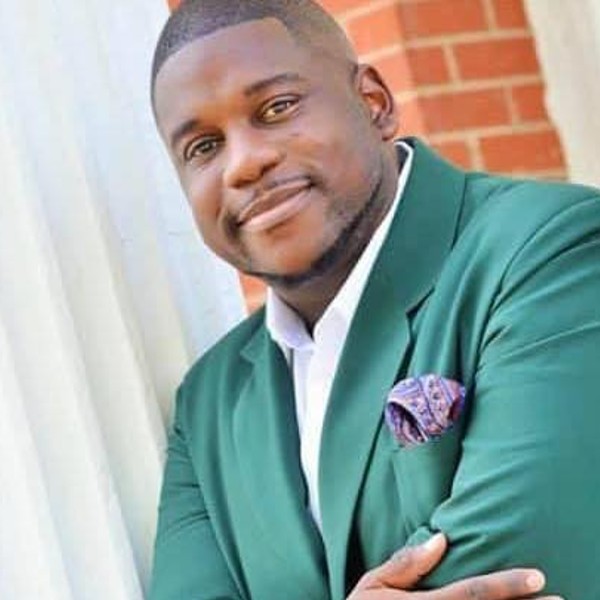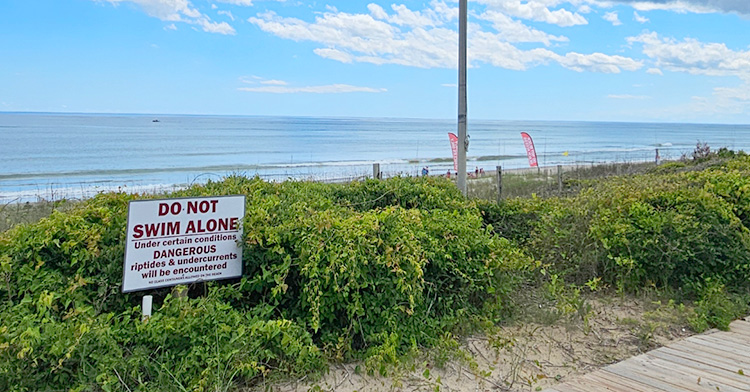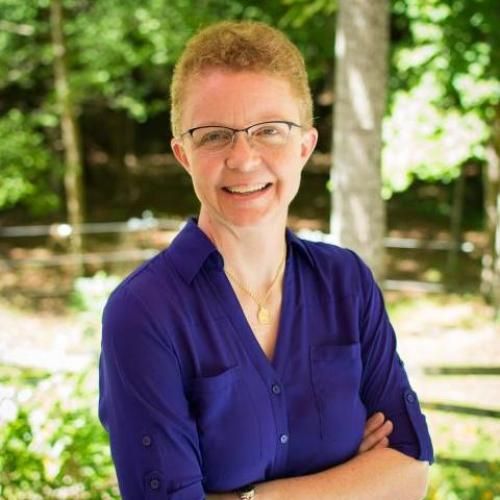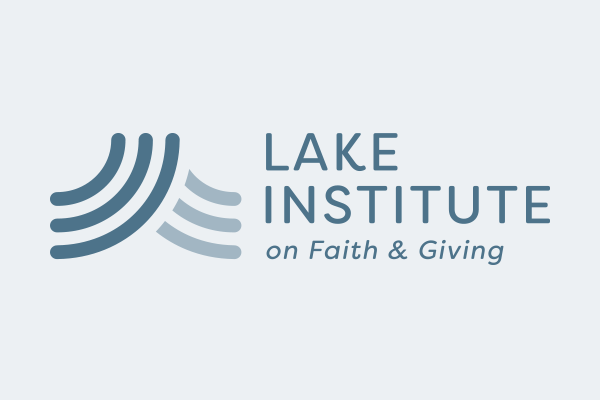The service at Kingdom Fellowship AME Church opens with a lively praise and worship session, including music from five singers standing onstage. It looks like what could be a typical Sunday gathering at the Calverton, Maryland, church. The lightly padded pews are filled with people who’ve gathered on this rainy morning, and remote viewers are watching the livestream.
This is not a typical service, however. It’s happening on a Saturday, for one thing. A projection that reads “Faith + Finance,” in part, rises behind the singers. And though the speakers will reference Bible passages, this nearly three-hour session is focused on how those gathered in person and online can better understand the process of credit utilization.
What does credit have to do with faith?
Quite a bit, as it turns out. When the Rev. Dr. Daryl L. Williams takes the stage, he explains that, as his dad taught him growing up, your credit is your name. From a biblical standpoint, “the name that you carry is the most important thing that you have,” he says, citing Proverbs 22:1 (NIV): “A good name is more desirable than great riches; to be esteemed is better than silver or gold.”
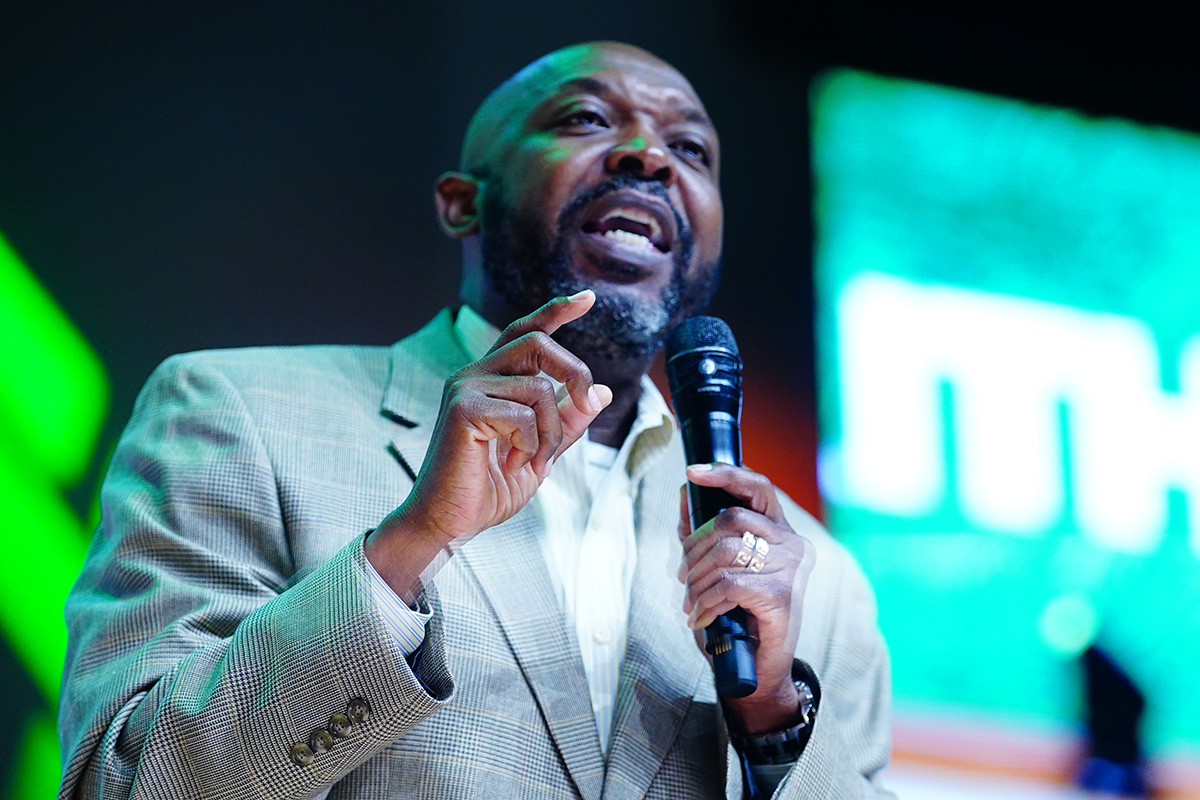
Williams tells the story of getting his first credit card at 18. He says he missed his first payment — but never missed another after being reminded by his father, “You’re a Williams, and we pay our bills.”
When he references Psalm 37:21, the biblical underpinnings for this workshop become even clearer: “The wicked borrow and do not repay, but the righteous give generously.”
Recognizing a need for information and better understanding of personal finance, Kingdom Fellowship, which reports an active membership of more than 5,000, began to formalize and step up an ongoing series of financial programs in 2019, said the Rev. Loxley O’Connor, the chief financial officer at the church. The church committed to its members’ development in addition to its own capital campaigns, O’Connor said.
Kingdom Fellowship’s efforts are helping meet a significant need. Financial literacy among Americans has hovered near 50% for eight consecutive years, with a 2% decline in the past two years, according to an annual survey developed by the TIAA Institute and the Global Financial Literacy Excellence Center. More than 1 in 3 Americans had more credit card debt than money saved in an emergency savings account in both 2023 and 2024, according to Bankrate surveys.
American adults of various ages identify money and the economy as “significant stressors,” according to the American Psychological Association’s 2023 Stress in America survey. For churches seeking to meet needs within their communities, the financial arena is an area where they can make a difference.
“We know that money is a major issue in the lives of most Americans,” said the Rev. Matthew Watley, the founder and senior pastor of Kingdom Fellowship AME Church.
“I’m excited to see people experience life change in all facets, whether it’s a marriage that is mended, or whether it is a child who is heading down the wrong track and is set right, or whether it is a family who has struggled financially for years and now learns the principles of proper financial management and is able to get out of debt and to experience what we call ‘financial peace.’ Those things are heartening, and we give glory to God, because we think the work is all divine.”
What are the pressing financial needs of your community? How is your organization or congregation equipped to address them?
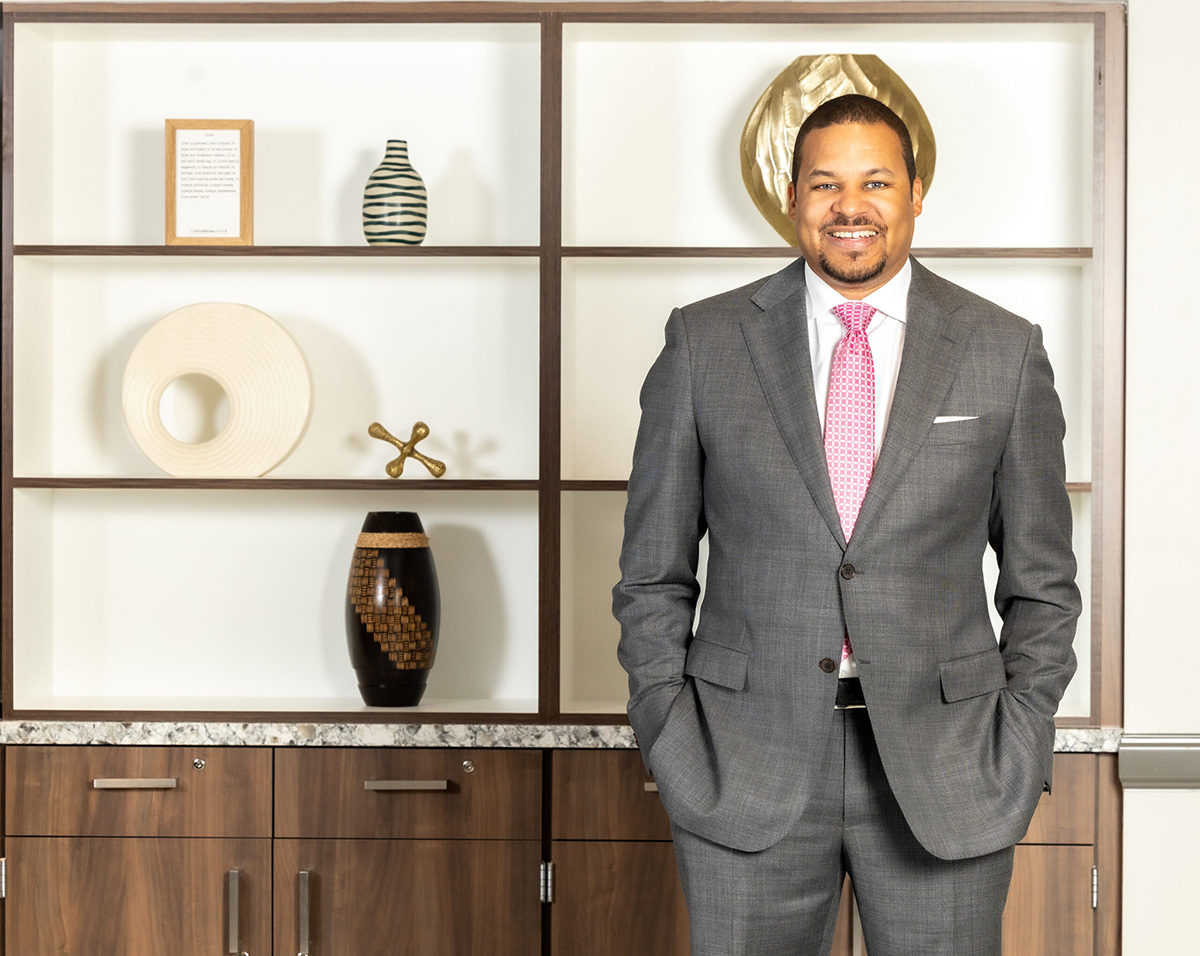
Filling a financial need
Kingdom Fellowship’s financial literacy programs continued virtually during the COVID-19 lockdown. Staff began tailoring offerings to their community, which is made up primarily of Black members.
The classes were timely. Between 2019 and 2022, even as U.S. median wealth increased by $51,800, “the racial wealth gap increased by $49,950 — adding up to a total difference of $240,120 in wealth between the median white household and the median Black household,” the Brookings Institution reported. The gap for real estate wealth and stock equity in particular shows “the power of intergenerational accumulation that a myriad of discriminatory policies has catalyzed, concentrating ownership in white communities.”
Systemic inequities, such as those created by redlining and other housing discrimination practices, have had lasting consequences.
“Throughout the pandemic home values have skyrocketed, but Black homeowners are less likely to benefit from this trend and in some cases have seen their home values stagnate relative to the broader real estate market,” reported the Institute on Taxation and Economic Policy in 2022, pointing to “racial bias in home appraisals” as a “key contributor” and referencing this issue in Prince George’s County, where Kingdom Fellowship is located. (While Prince George’s County has been called “one of the wealthiest African-American-majority counties in the country,” as noted by the Greater Washington Community Foundation, its residents still can face these issues.)
The church’s efforts align with the long-standing priority historically Black churches have placed on justice and community empowerment.
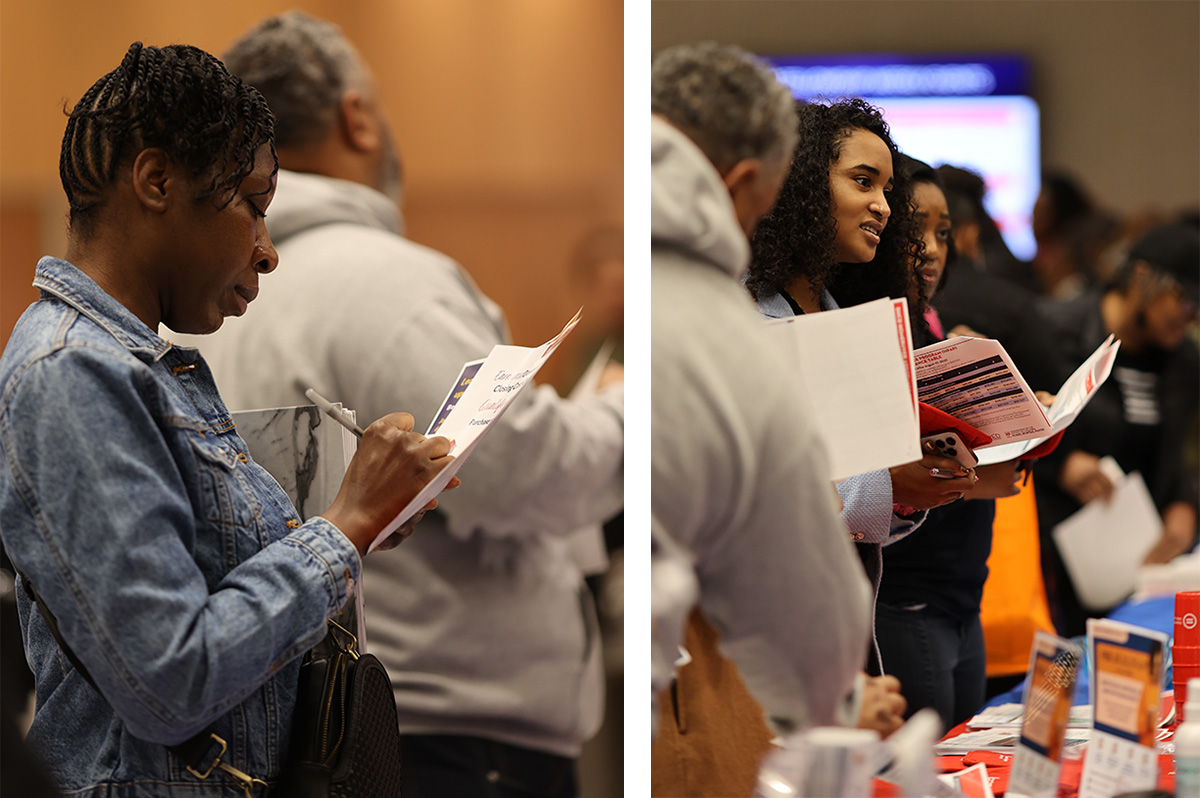
“It falls well within the trajectory of who the Black church has always been,” Watley said of the efforts to help people with financial literacy. “It is as central for me as making sure that we are prepared to serve communion and making sure that we are prepared to baptize people.
“Making sure that we are prepared to educate people in their financial future, as well as making good health choices — it’s just central to who we are as a congregation,” he said, noting the “amazing group of leaders” who devote “countless hours” to this work.
Helping participants grow
Today, free Faith & Finance programming includes a multiweek financial literacy series covering a variety of topics, including mindset, budgeting and understanding the basics of credit, said O’Connor, who teaches from his experience not only as a CPA but also as a business owner and real estate investor with his wife of 40 years, Denise.
Additional classes have focused on establishing multiple streams of income (with reference to scripture in Ecclesiastes), such as investing in land or in a rental home, O’Connor said. And the estate planning class was extremely popular, attracting an audience of nearly 800, he said.
“So many people had stories of lost family wealth, property that had been lost through division,” he said. “There’s no tougher time in families than at the time when people pass away. The worst comes out of families. So proper preparation is important.”
Other classes tend to bring in about 200 participants on average, and anyone is welcome to attend, with in-person and virtual options often available, O’Connor said.
Can you imagine the positive impact you are positioned to make?
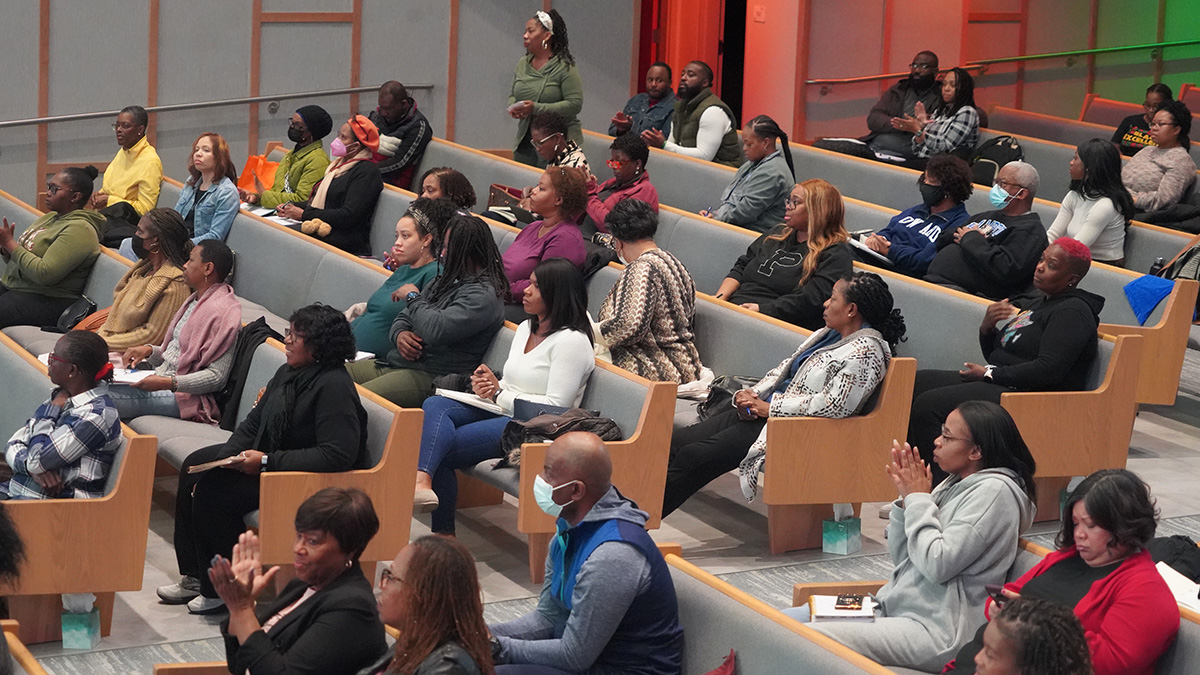
The church’s focus on financial literacy also extends into some Sunday services.
“Every year, in the month of November, I commit a month to teaching about stewardship. And so again, from year to year, I’ll cover topics from — obviously — tithing to estate planning, home ownership, small business development and everything in between,” Watley said, noting that historically, a number of people join the church that month. “I think people appreciate the fact that the pastor and the church are concerned about their life circumstances and are speaking to them directly and are providing means of redress to help folks get out from where they are.”
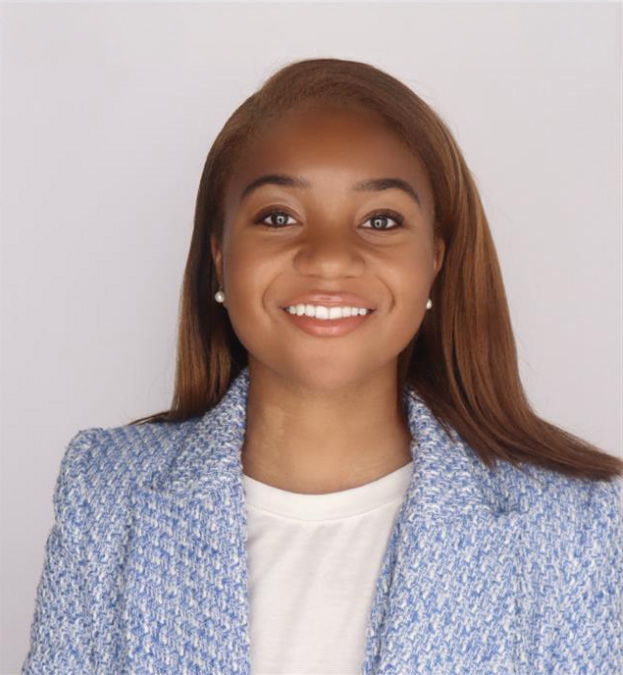
Mica House, a government consultant in Washington, D.C., is among the people who have heard these messages. She has attended the church with her family since 2009, when she was 10 years old, and has been active over the years in the children’s ministry and in hosting young adult Bible studies. After graduating from college in spring 2021, she took a financial class at the recommendation of her mother.
“That’s really where my financial literacy journey started,” House said, explaining that she’d learned about the importance of financial independence and multiple streams of income from her parents but hadn’t learned how to put their teachings into practice.
After she graduated, her parents allowed her to live under their roof — an offer she calls a blessing. Through the program, House learned the intricacies of budgeting and got the idea to pay off her school loans of about $30,000 early.
That would be a major undertaking. The standard repayment term for federal loans is 10 years, but it can take 30 years or longer to pay off student loans, according to Bankrate. But by living with her parents, creating a game plan on Google spreadsheets and putting her paychecks mostly toward her loans, House managed to pay them off in about eight months, she said.
After further thought about the high cost of renting, she decided to buy a home. She continued to save money and learned to build credit toward approval for a mortgage. Today, House is the proud owner of her own house. And she’s thinking about how to rent her basement to add another stream of income.
“I would literally just pray to God every single night [to] reveal to me what he wants me to do. Reveal if it is his will for me to buy this house at 23. And one day, it just came into fruition,” she said. “One of the biggest things that I try to keep in mind is if my dreams don’t have room for God, they’re just too small.”
Teaching about stewardship
Kingdom Fellowship’s efforts are notable for several reasons. Too often, churches have been associated with their own financial scandals — from preying on vulnerable parishioners to practicing poor accountability to outright theft and misuse. Theologically, money is often associated with greed and worldliness. And even in more benign circumstances, parishioners might feel their financial well-being is a lower priority than what they can donate to the church.
“It’s important to have a balanced theology. We don’t preach a prosperity gospel. But we do preach that we ought to be good stewards over that which God has given us,” Watley said. “We teach [that] the way you sort of put money in its place is by being, not only being a good steward, but by being a giver. We teach tithing. The reason that we sow back in the community is because it’s our way of not allowing money to master us but mastering our money.”
What testimonies of financial peace can you promote to inspire others?
Watley said the church gives a portion of its annual income to serve the community via programs like those for food assistance, and he’s looking forward to the opening in fall 2024 of the church’s Kingdom Care Center — a six-story facility planned to provide various services such as a food program, a clothing distribution center and job readiness training.
Alongside its Faith & Finance program, Kingdom Fellowship has seen growth both in membership and in giving at the individual level, O’Connor said.
How can you cultivate a healthy theology of money in your faith community?
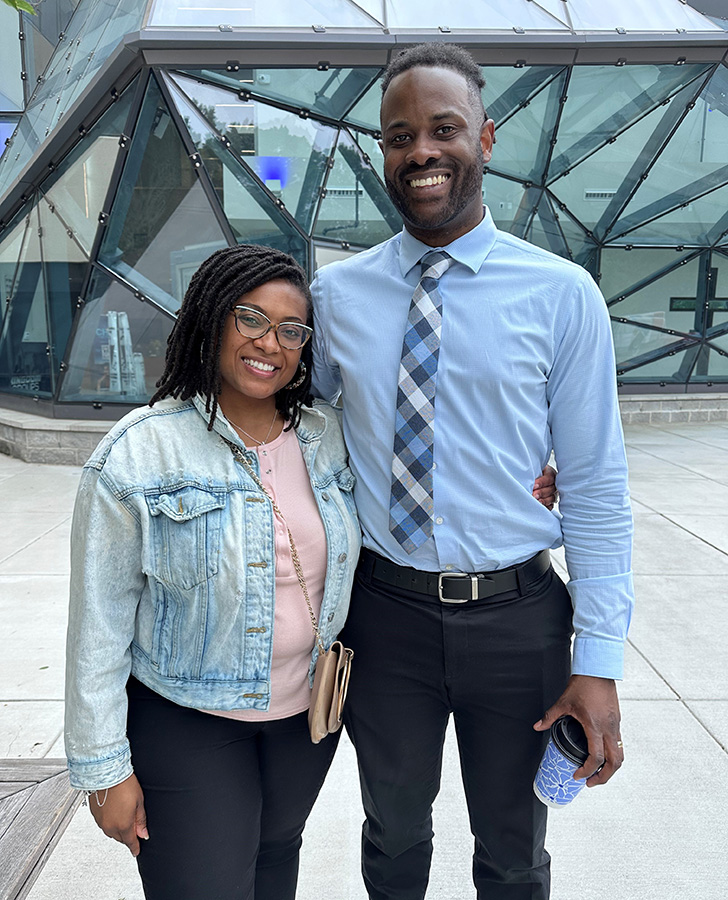
Caleb and Fatimah Young, a married couple who live in Silver Spring, Maryland, are examples of this growth. As Kingdom Fellowship members since 2019, they say they began participating in its financial programs in 2021.
“We had to do a better job of budgeting. We have a family of five, ”Caleb Young said, noting that the couple wanted to provide the best for their children and pay their bills. He said the program expanded their understanding of the Bible and how they could relate it to life.
Sitting next to her husband on a bench outside the church’s front doors, Fatimah Young said the couple had previously kept their money separate and that she hadn’t previously thought much about the faith-money connection.
“Going in, I kind of — maybe naively — I kind of disassociated my finances with the Bible. So when they were able to share verses with us in a way that connected to financing, giving back to the church, saving, I was kind of in awe,” she said.
In particular, one verse from Proverbs stood out to Caleb Young: “… the borrower is slave to the lender” (Proverbs 22:7b). He’d had credit card debt, and after hearing that verse, he decided to use his cards a lot less. Now, he estimates being almost debt-free by the end of this year.
Caleb Young also said the program’s budget sheet has been helpful for tracking expenses. Since participating in the Faith & Finance program, the couple agreed to combine their money and began to tithe consistently, Fatimah Young said. They also were able to pay off her car, and she has found additional income through consignment sales.
The program’s focus remains on biblical principles of good stewardship, prudent planning and faithful giving. For instance, Watley referenced a story from Numbers 27, where the daughters of Zelophehad “go and assert their right to their father’s land, because up until that point, the law did not give them [as females] the legal right to claim it. And basically, their position was: ‘Why should we lose our inheritance?’ You see the need for proper estate planning, but more importantly, you see the need for advocacy for financial rights and responsibilities.
“Good stewardship — the word there — is to be a manager,” Watley said. “And so fundamental to Christian theology is the understanding that the Earth is the Lord’s, in terms of ownership, which means that we are managers over the environment, but we’re also managers over our own economic plight, and that means we have the responsibility to manage well whatever resources are given to us.”
What does financial stewardship mean to you?
Questions to consider
- What are the pressing financial needs of your community? How is your organization or congregation equipped to address them?
- Can you imagine the positive impact you are positioned to make?
- What testimonies of financial peace can you promote to inspire others?
- How can you cultivate a healthy theology of money in your faith community?
- What does financial stewardship mean to you?

